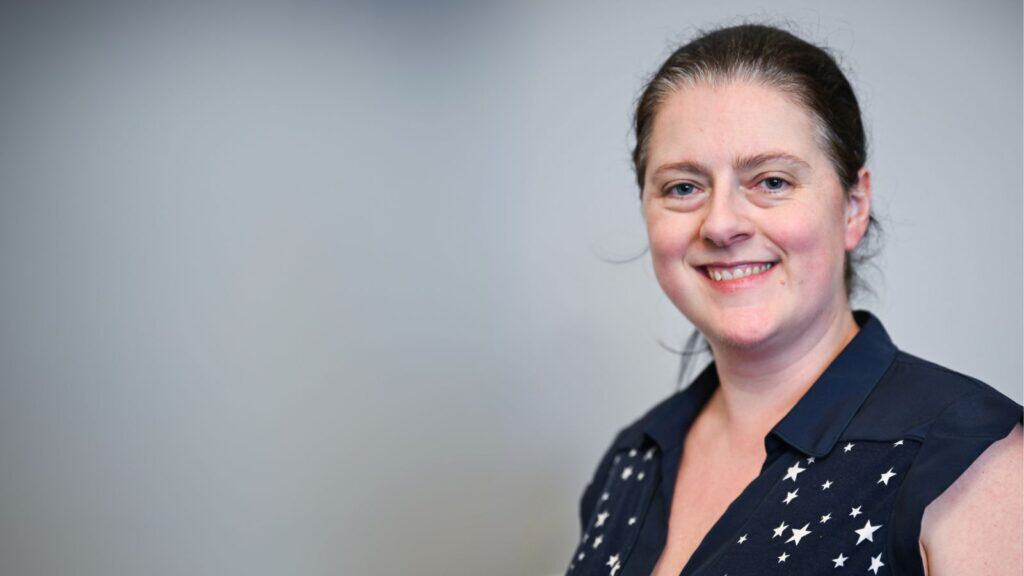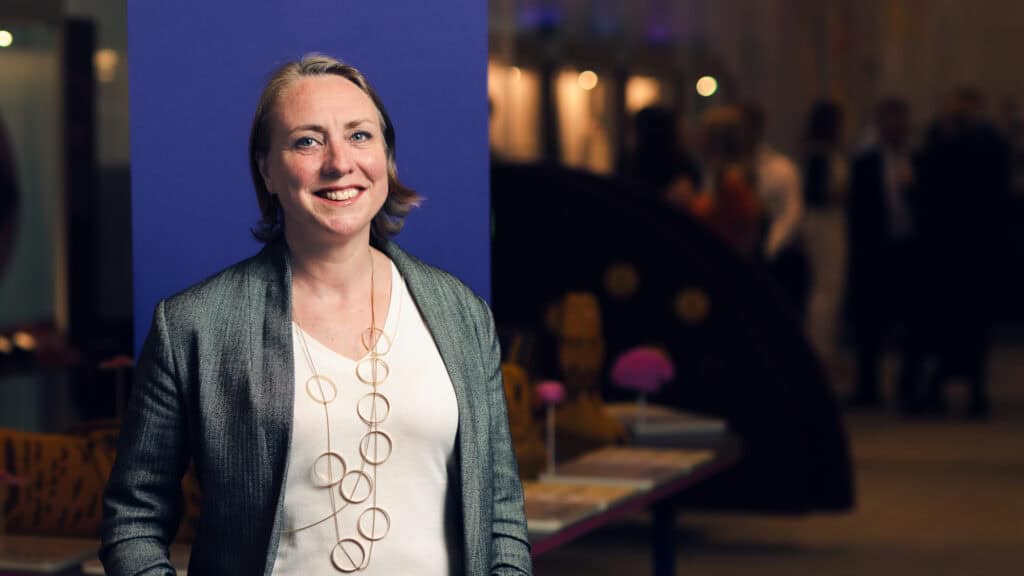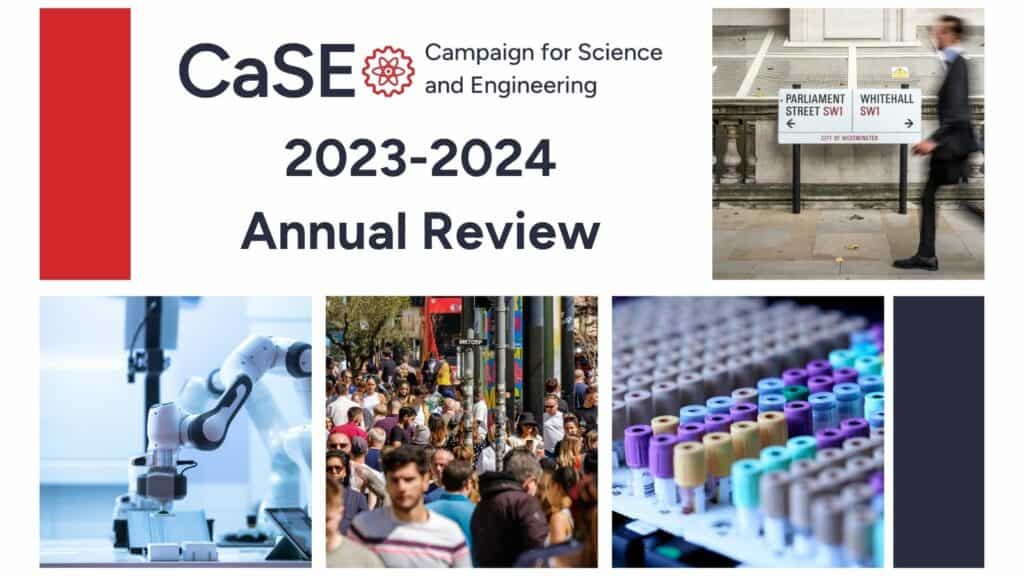Sarah Main introduces a series of guest pieces on the role of science and engineering in society over the next 30 years to celebrate CaSE’s 30th year.
The role of science and engineering in shaping our future
04 Nov 2016
I believe that science, politics andsociety are intertwined. I admit, I didn’t feel the hand of politics in my work at the bench when I was a cancer researcher, but I noticed its effects. What a scientist will devote their life to, what a person believes is worth their support, and what a politician will stand and speak for all has an effect on what gets done.

The Campaign for Science and Engineering provides a voice for science in politics. In celebrating our 30th anniversary, I want to think about the role of science and engineering in society over the next 30 years and ask what questions that raises for us as a scientific community, a Government and a society today.
In the lead up to our 30th anniversary event on 14th November, we will be publishing a series of articles that tackle this question. People with a wide range of perspectives present their thoughts on the challenges ahead in their field of expertise, the progress we might reasonably expect, and the implications for us today.
A few things have struck me during conversations with some of our authors about this question. For some, the main challenge of their work will remain unchanged over 30 years: outbreaks of infectious diseases will surely still occur. The issue then is how best to tackle it. For others, the pace of scientific or technological change itself presents a challenge: the smart phone of 2046 is almost impossible to imagine; gene editing capability is likely to transform. What risks and benefits will they bring to people?

Society, Government and the scientific community will all have an impact on what is discovered and developed, how well it is received, and how it can be used. What encourages me is that we can have the conversation ahead of time. If we know that a challenge of dealing with infectious disease outbreaks is that they require rapid response from a specialist community, we can ask ourselves how we want to maintain that specialist capability in the meantime. If we know what mobile technology or gene editing is capable of today, we can explore what we are and are not comfortable with and think about the safeguards and permissions that might need to be put in place.
I used to be familiar with the cutting edge in cancer research. I’m not anymore, being more familiar now with the state of play in science policy. It’s hard for any of us to keep abreast with the state of play across science and engineering and where we might be heading. I hope that these articles will begin to sketch out a picture across that landscape.
I would really like it if you too could add to this picture by thinking about where your own field is going and letting us know by tweeting #CaSE30 with the one question or issue you would like to raise for people to think about before it gets there.
I thank all the authors for rising to this challenge and I hope the broad spectrum of views offered raises questions in your mind and prompts a few conversations.
Related resources

Lynne Milford reflects on her time as CaSE’s Campaigns and Public Affairs Manager.

Executive Director Dr Alicia Greated gives her report on CaSE’s activities and successes at the 2024 AGM on November 26th.

This year has seen changes to CaSE as an organisation, shifts in the UK political landscape, and important developments for the UK R&D sector.

A General Election year presents a real opportunity for the R&D sector to make our voices heard.